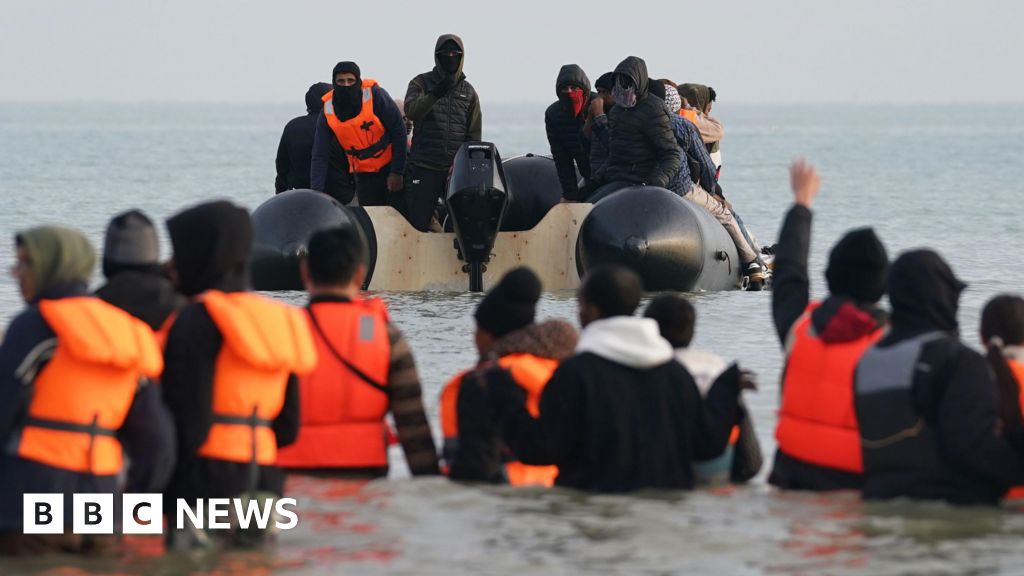Understanding Channel Crossings: The Journey of Small Boat Migrants
The issue of small boat migrants crossing the Channel has become a topic of significant concern and discussion among immigration policy experts and the general public alike. These crossings often highlight the dire situations faced by individuals seeking asylum and a better life in countries such as the UK. In this article, we will explore the various factors contributing to this phenomenon, the origins of these migrants, and the broader implications for immigration policies.
The Background of Channel Crossings
In recent years, there has been a dramatic increase in the number of small boat crossings of the English Channel. Many migrants embark on perilous journeys in search of safety, often fleeing war, persecution, or poverty in their home countries. Understanding the motivations behind these crossings is essential for addressing the root causes of migration.
Key Origins of Small Boat Migrants:
Factors Driving Migration
The reasons behind the rise in small boat crossings are multifaceted. Economic instability, ongoing conflicts, and environmental factors all contribute to the decision of individuals to leave their home countries.
Primary Factors Influencing Migration:
The UK has become a destination for many of these migrants due to its perceived economic opportunities and social support systems. However, the journey across the Channel is often fraught with danger, as migrants rely on smugglers and face the risk of drowning in overcrowded boats.
Legal and Policy Responses
The increase in small boat crossings has prompted various responses from the UK government and other European nations. Policies concerning immigration and asylum have become hotly debated topics, with calls for reform to address the challenges posed by irregular migration.
Recent Developments in Immigration Policies:
Public Perception and Media Coverage
Media coverage of small boat crossings often shapes public perception and influences political discourse. Sensational reporting can lead to increased fear and misunderstanding surrounding migrants, while more balanced narratives can foster empathy and support for humane policies.
Key Points on Media Influence:
Conclusion: The Need for Compassionate Solutions
The issue of small boat migrants crossing the Channel is a complex and evolving challenge that requires a nuanced understanding of the factors at play. As immigration policies continue to be debated, it is crucial to prioritize the safety and dignity of those seeking refuge.
In light of the current situation, it is important to focus on collaborative approaches that address the root causes of migration while ensuring humane treatment for all individuals involved. The journey of small boat migrants is not just a political issue; it is a human issue that deserves compassion and understanding.
As we navigate the complexities of immigration, it is essential to remember the humanity of those seeking a better life and to work towards solutions that respect their rights and aspirations.










